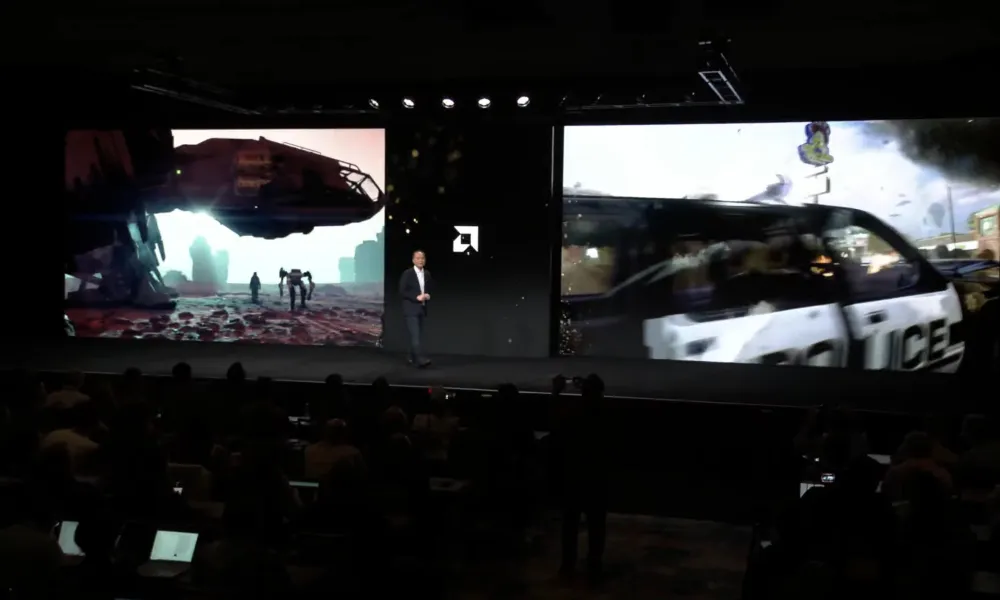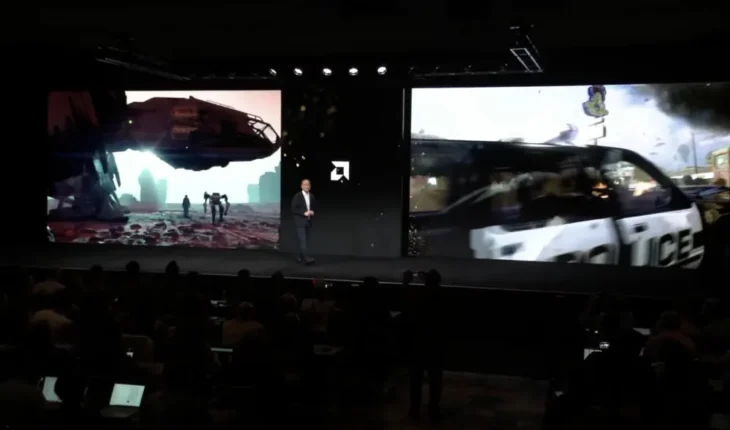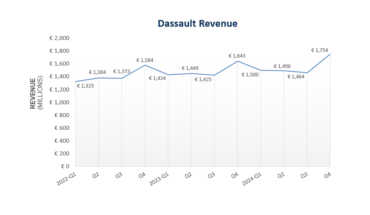
AMD has canceled its Radeon RX 9000 series event, causing speculation about delayed launches and new features like FSR 4 integration for upcoming games
AMD’s recent decision to cancel the highly anticipated event for its Radeon RX 9000 series graphics cards has led to a flurry of rumors regarding their specifications and launch timeline. Although the company confirmed the upcoming RX 9070 XT and RX 9070 models, they indicated that these cards would not hit the market until after March due to delays with drivers and the optimization of its RDNA 4 architecture.
The cancellation of the event has inadvertently fueled speculation among retailers and fans, with many initially believing that a release could happen as early as January 23. However, AMD‘s higher-ups dashed those hopes just days before, asserting that the existing architecture required more refinement before launch. This additional time is also intended to allow game developers to integrate AMD’s latest FidelityFX Super Resolution (FSR) technology, termed FSR 4, into existing titles.
Fidelity Super Resolution 4
FSR 4 is a significant leap forward, as it will be exclusively compatible with the RX 9000 series and will support games already optimized for FSR 3.1. This seamless transition means developers will likely need minimal effort to adapt their titles, as only a simple update to the DLL library should suffice. Popular games poised to benefit from FSR 4 include COD: Black Ops 6, Final Fantasy XVI, and God of War: Ragnarök.
In a similar vein, NVIDIA previously announced that its DLSS 4 technology would not be compatible with the RTX 30 series, raising questions about AMD’s strategy regarding FSR 4 and its potential accessibility for older models. Analysts suggest AMD could follow suit by restricting FSR 4’s performance optimization to the new architecture alone.
With FSR 4 employing artificial intelligence accelerators to enhance resolution and reduce latency, AMD is once again positioning itself to compete more effectively in the rapidly evolving graphics market, albeit with an uncertain timeline for its eagerly awaited products.
Advertisement





